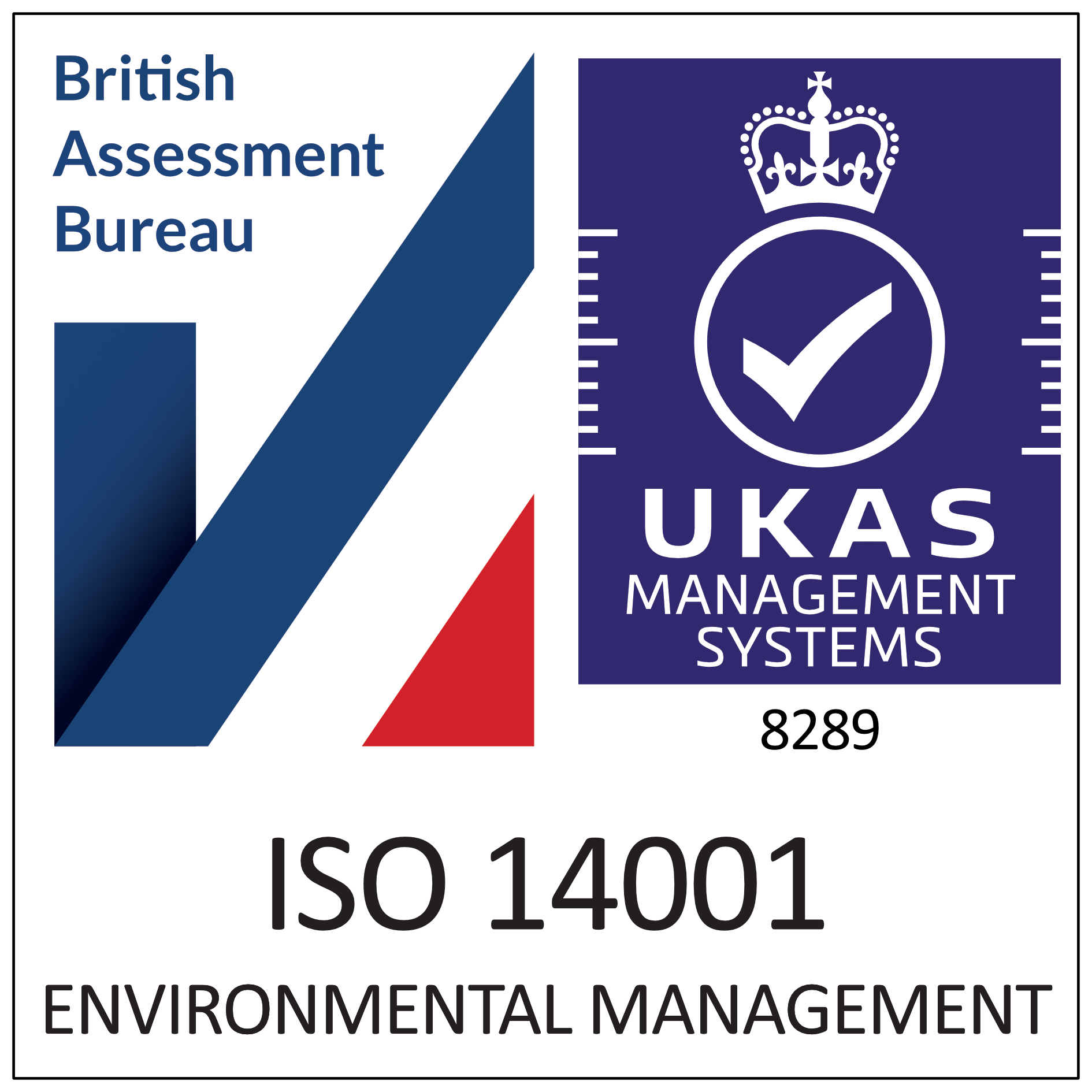








Course code: XMBS050P
Subject area: Plumbing & Heating
Study level: Apprenticeship
Course level: 3
Course time:
Days of week:
Various
Course date:
1st Aug 2023 - 31st Jul 2024
Course location:
Bicester Construction Skills CentreDuration
• 15 months practical training period, plus 3 months for End Point Assessment
Delivery model
• Work-based training with your employer
• Day release during term time (1 day a week for 1 and half years)
• Approximately 5 on-site assessment visits per year
• Level 2 Functional Skills in Maths and English (7 days at college for each, if required)
• Off the job training will count for at least 20% of an apprentice’s time at work
Qualifications included:
• Level 2 Functional Skills in English and Maths
End Point Assessment:
• Gas Safe Registration
• Competency test
• Multiple choice knowledge test
• Work log review and professional discussion
What will apprentices learn?
• Current health, safety, regulatory and environmental legislation
• Safe gas/ electrical installation, commissioning, decommissioning, ongoing service/ repair procedures of installations/ appliances
• Gas/ electrical theories, procedures and electrical/ mechanical principles
• How to share product knowledge/ provide energy efficiency advice
What skills will apprentices gain?
• Carry out risk assessments
• Taking responsibility for safety standards/ achieving objectives
• How to use/ maintain tools, equipment and PPE
• Safe gas/ electrical installation, commissioning, decommissioning, service/ repair of gas installations/ appliances
• How to work with focus and purpose in all conditions and locations
• How to communicate well to give a timely, professional service
• Effective team working/ self-motivation
• Effective working with people from different backgrounds/ expertise
• How to identify, organise and use resources effectively/ sustainably
• Be able to read/ follow technical documents
What behaviours will apprentices develop?
• Ensure personal wellbeing/ safety of customers
• Be risk aware/ aim to reduce risks
• Demonstrate an awareness of how work impacts others
• Confidently deliver a polite, professional service to all customers
• Undertake development to enhance knowledge and skills to maintain competence
• Recognise personal/ professional limitations and seek advice when necessary
• Display self-discipline/ self-mo








